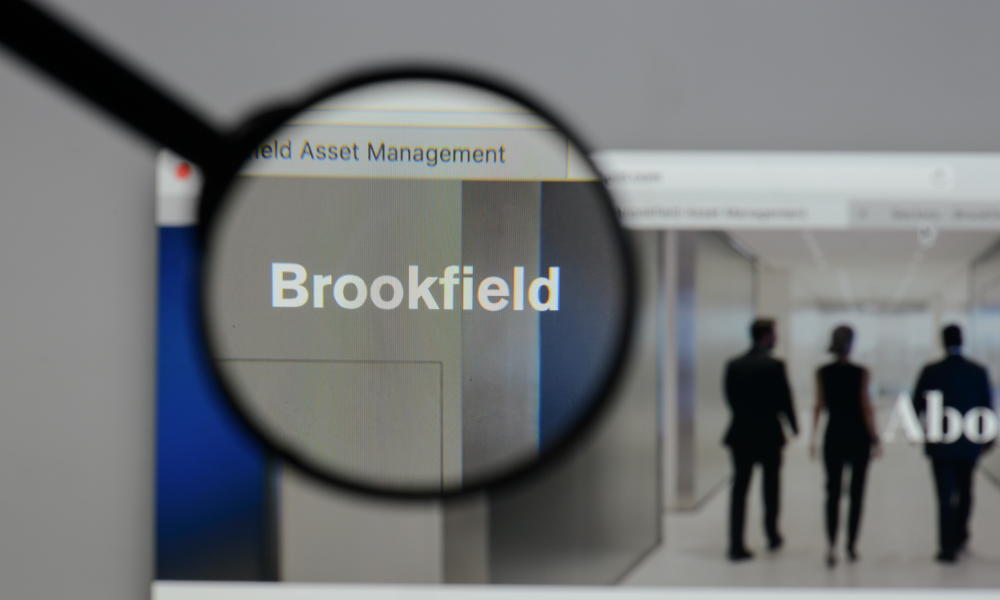Former fund manager says firm offered $46m to conceal VC fund strategy shift before firing him after complaints

Brookfield Asset Management faces a lawsuit from Josh Raffaelli, the former head of its venture capital arm, who claims he was wrongfully terminated after refusing to mislead investors, as reported by BNN Bloomberg.
Raffaelli filed the suit on Thursday in California state court, alleging that Brookfield offered him nearly $46m to promote a plan that would benefit the firm at the expense of investors.
Raffaelli, known for investments in Elon Musk’s ventures such as SpaceX and SolarCity, alleged that Brookfield pressured him to misrepresent the strategy behind a new joint venture called Pinegrove Capital.
According to the suit, Pinegrove — a joint venture between Brookfield and Sequoia Capital’s wealth-management arm — acquired the VC business of Silicon Valley Bank.
Bloomberg News reported in February that Brookfield had quietly closed the venture unit previously led by Raffaelli and began transferring its assets and staff to Pinegrove.
Raffaelli is not suing Sequoia or Pinegrove.
The complaint states that Raffaelli was dismissed shortly after submitting whistleblower reports internally and to the US Securities and Exchange Commission.
He alleged that Pinegrove “inflated” fundraising numbers and that Brookfield sought to deceive potential investors, including pension funds, about the implications of combining the VC funds.
Raffaelli claimed that the formation of Pinegrove, emerging from the collapse of Silicon Valley Bank, led to anti-competitive agreements with major Silicon Valley VC firms.
As a result, Pinegrove would be restricted from investing directly in companies and could only invest through other funds and secondaries.
Brookfield allegedly offered him tens of millions of dollars to conceal this change in strategy.
According to Raffaelli’s lawyer Mark Mermelstein, the complaint alleges that he refused a bribe from the Brookfield Defendants, who wanted him to mislead investors.
The bribe was offered “in exchange for him lying to investors about the supposed advantages of merging their venture capital funds into one that had such an opposite trading strategy that it was sure to kill their investments,” the lawyer stated.
Brookfield spokesperson Kerrie McHugh stated, “This suit is absolutely without merit and these baseless claims run counter to how Brookfield manages its business. We will vigorously defend against this meritless suit, which was brought by a disgruntled former employee.”
Neither Pinegrove nor Sequoia responded to requests for comment.
The 100-page complaint seeks monetary damages from Brookfield for mental anguish, loss of past and future earnings, bonuses, and unpaid wages.
Raffaelli’s lawsuit was first reported by the New York Times.
While facing litigation in the US, Brookfield is also exploring new asset opportunities in Singapore.
According to sources cited by Financial Post, the firm is in talks to acquire properties owned by Mapletree Industrial Trust, with the assets valued at about 500m Singaporean dollars.
These discussions are ongoing, and no deal has been finalized.
Representatives for Brookfield and Mapletree declined to comment.
The potential acquisition highlights continued foreign investor interest in Singapore’s industrial real estate sector, which has seen limited activity due to high borrowing costs, geopolitical risks, and a disconnect between buyer and seller valuations.
Investors are drawn to industrial spaces for their relatively higher yield and pricing appeal.
In 2023, a joint venture backed by Warburg Pincus — now known as Vita Partners — acquired a 1.6bn Singaporean dollar portfolio of business parks and specialist facilities.
Mapletree Industrial Trust owns over 140 properties, with its Singapore portfolio valued at about 4.3bn Singaporean dollars as of March. The remainder of its holdings are primarily in North America.
Its shares have dropped over 12 percent in 2025, compared to a two percent gain in the Straits Times Index.



